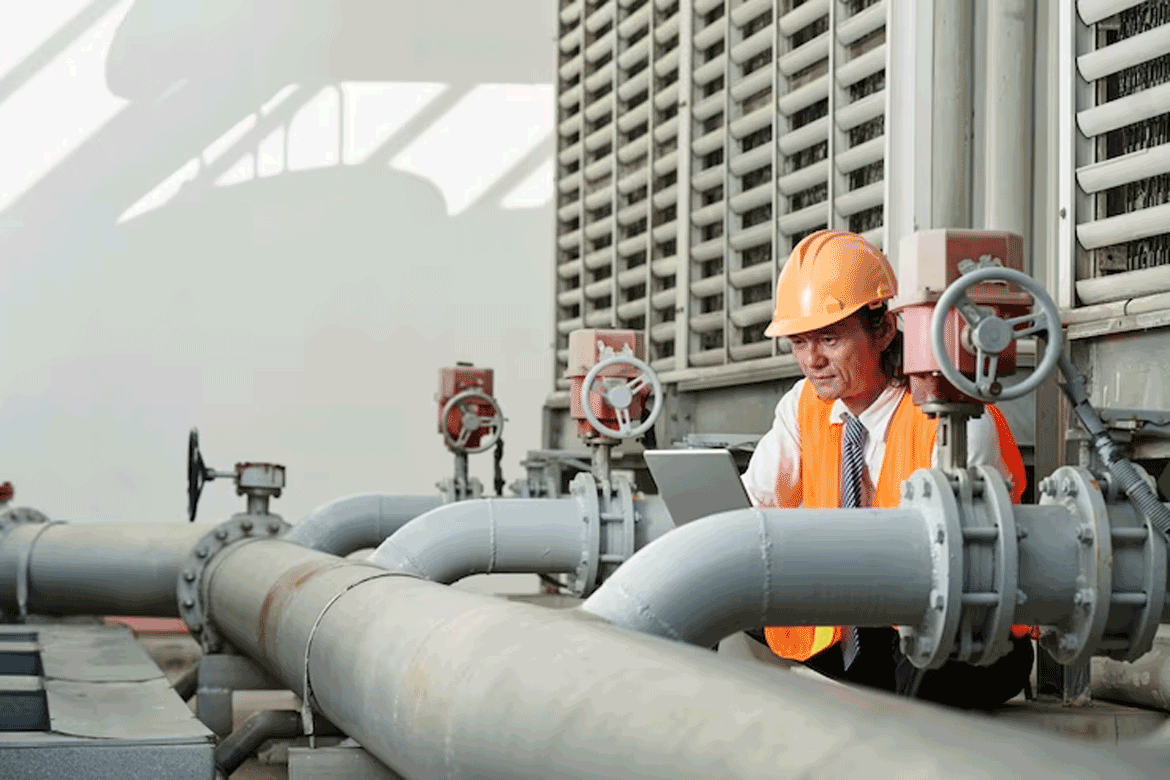Water Management Pump Types
Only when water management is given top priority by us as responsible citizens can Earth’s invaluable water resources be distributed and used sustainably. Pumps are essential tools for managing water because they allow for the right distribution, transportation, and control of the resource.
In-depth analysis of the significance of pumps and the range of pump types that contribute to the efficiency of water management is done in this article.
Regarding Water Management, How Do Pumps Help?
Pump responsibilities must be understood in order to appreciate the importance of pumps in water management. Pumps are the only reasonable approach to manage water resources, whether it is for drainage problems, water supply, or improving wastewater.
Pumps have several uses, including better irrigation of agricultural fields, flood prevention, and reservoir level control. Hydromatic and other premium pump brands are the only places to purchase pumps because of their significant influence.
Diverse Pump Types for Water Management Assistance
You can proceed to comprehending the different kinds of pumps you can choose from now that you are aware of their function in the field of waste management:
Chemical Measuring Pump
- A precise tool used in water treatment operations all around the world is the chemical metering pump. With a specific design for the regulated addition of chemicals to water systems, these pumps guarantee that the resources receive the proper dosage at the appropriate time to maintain water quality.
- Processes like chemical coagulation, pH control, disinfection, etc. that demand precision constantly are well-suited for chemical metering pumps.
- Modern techniques are employed by chemical metering pumps to prevent injection shortages or overdose at any particular time. Due to the significant effects that even minute changes in chemical concentration can have on water quality, this accuracy is essential for applications that require precision.
Dewatering Pump
- Dewatering pumps greatly assist with the possible clogging problems in locations such as flooded areas, mines, and wet building sites. Owing to their engineering layouts, these are highly capable of managing substantial amounts of water and are essential in averting floods.
- This pump’s ability to remove unnecessary water is beneficial to locations where an abundance of it presents a continuous hazard.
- There exist multiple varieties of dewatering pumps, such as centrifugal and submersible pumps, each intended for distinct uses. Pumps designed for submersion in water, such as submersible dewatering pumps. Plus, they work great for draining water out of enclosed areas like basements.
- Due to their high flow rates and quick water removal, centrifugal dewatering pumps are better suited for industrial or large-scale applications.
Water Well And Waste Pump
- Sump and sewage pumps protect against risks in wastewater management. So that the entire building is spared from long-term water damage, sump pumps are useful for eliminating water from crawl spaces, basements and low-lying areas.
- In order to prevent wastewater from going elsewhere, sewage pumps also move raw sewage from residential and commercial areas to treatment centres.
- Before flood dangers arise, sump pumps move the water that has accumulated in a basin.
- In areas that frequently have high water tables or intense rains, these pumps are crucial. Moving and processing wastewater with organic matter and sediments is the responsibility of sewage pumps.
Bin Trash Pump
- Trash pumps come in most handy when a particular water source is clogged with particles, solids, and contaminants. They’re quite typical in locations that flood easily or on building sites. They can handle water that contains big trash particles as well.
- As debris builds up, pumps remove it, reducing the possibility of obstructions and risks in the path to water management systems.
- Solid items are easily handled by the impellers of trash pumps. To keep things moving forward and avoid obstructions, these can move bigger particles. Construction sites, industrial settings handling abrasive materials, and flood-prone areas are common places to locate trash pumps.
a Well-Pump
- Direct from subterranean sources, well pumps are a dependable source of water. For a steady supply of water for industrial, domestic, and agricultural needs, they can effectively extract water from wells and boreholes.
- Different well configurations that can service areas that are frequently dependent on groundwater are catered for by their types, which include submersible and jet pumps.
- In regions where surface water is insufficient for human requirements, groundwater is a valuable resource that can be effectively accessed and harnessed by pumps. Once installed in the well, submersible well pumps raise the water’s level.
- Water is drawn directly to the top using jet pumps using suction. In rural, isolated, and disaster-affected areas in particular, these pumps are crucial to maintaining a sustainable and dependable water supply.
- Pumps that are applicable to multiple areas are necessary for proper water management, without which water resources are worthless. Commercial, rural, remote, residential, and other domains are among the uses for the aforementioned pump types.
READ MORE ARTICLES:
Benefits of MLS for Sellers and Buyers
Roofers Need to Know Why Digital Marketing Is Important
